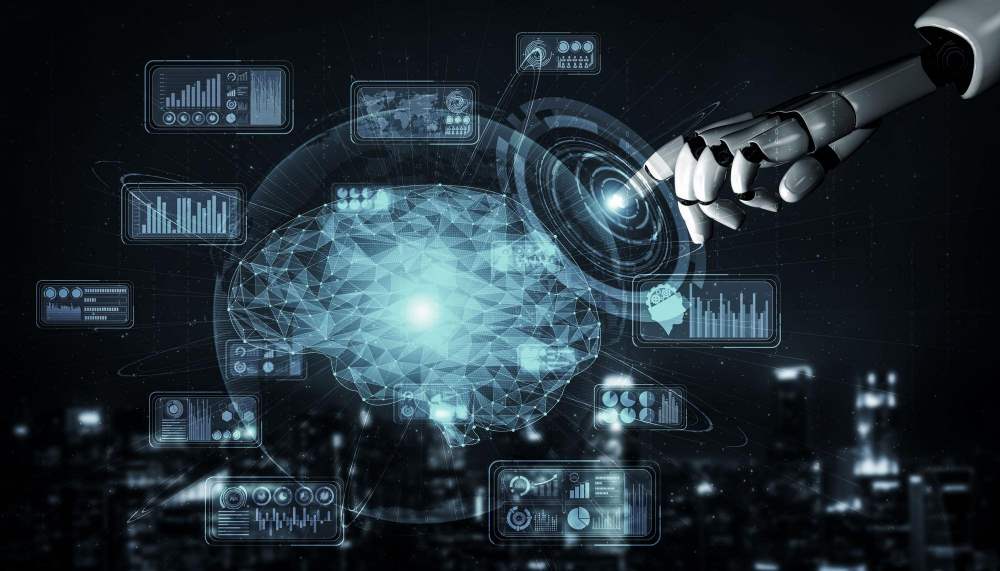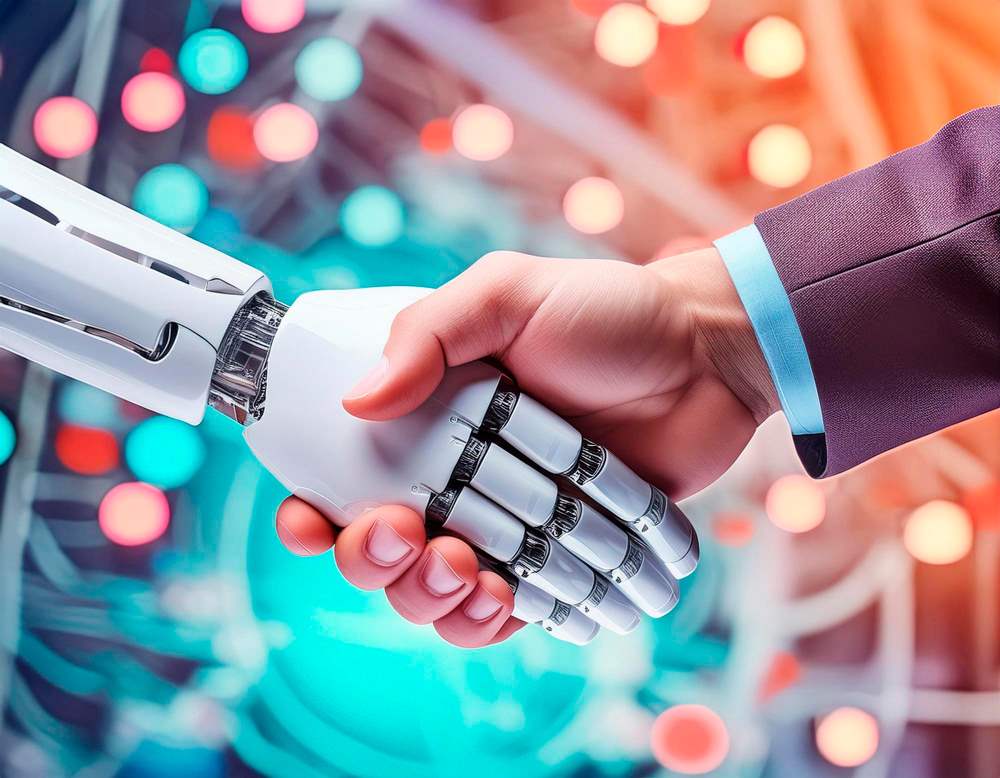The Appeal of AI in Decision-Making
The attraction of AI-driven decision-making lies in its potential for efficiency, accuracy, and impartiality. Unlike humans, AI systems don’t experience fatigue, bias, or emotional influence. They can analyze vast amounts of data in milliseconds, identifying patterns and insights that might take humans years to discover. This capability has led to AI being used in crucial areas like healthcare, law enforcement, finance, and even creative fields.
For instance, AI can analyze medical data to detect diseases early, potentially saving lives. In finance, AI algorithms can forecast market trends and make rapid trading decisions, optimizing investments. In law enforcement, AI can analyze crime data to predict potential threats and allocate resources more effectively. These examples show how AI decision-making can result in outcomes that are not only faster but also more accurate than human judgment.
The Ethical Dilemma: Can We Trust AI?
Despite its benefits, relying on AI for decision-making raises significant ethical concerns. Central to this issue is the question of trust. Can machines, which lack consciousness, emotions, and moral judgment, be trusted to make decisions that affect human lives? Here are some key ethical considerations:
1. Bias and Fairness
One of the most significant concerns about AI decision-making is the potential for bias. AI systems learn from data, and if the data they are trained on is biased, the AI’s decisions will also be biased. For example, if a hiring algorithm is trained on data from a company with a history of favoring certain demographics, it may unintentionally continue this bias, leading to discriminatory practices in hiring, lending, and other areas where AI is used.
Moreover, AI systems often operate as "black boxes," meaning their decision-making processes are not transparent or easily understood. This lack of transparency makes it difficult to identify and correct biases, raising questions about accountability and fairness.
2. Accountability and Responsibility
When AI systems make decisions, who is accountable if something goes wrong? If an autonomous vehicle causes an accident, who is responsible—the manufacturer, the software developer, or the AI itself? This question becomes even more complicated when AI systems operate independently, making decisions without direct human oversight.
Accountability is further complicated by the fact that AI systems are not infallible. They can make mistakes, and when they do, the consequences can be severe. For example, an AI system used in law enforcement could wrongly identify an innocent person as a suspect, leading to wrongful arrests or other injustices. Without clear guidelines on accountability, these situations can lead to ethical and legal challenges.
3. Moral Reasoning
AI systems are designed to optimize outcomes based on predefined criteria, but they lack the ability to engage in moral reasoning. This means they cannot consider the ethical implications of their decisions in the same way humans can. For instance, an AI system used in healthcare might prioritize cost-effectiveness over patient well-being, leading to decisions that are technically efficient but ethically questionable.
The inability of AI to understand context, cultural nuances, or human emotions further complicates its role in decision-making. While AI can follow rules and guidelines, it cannot navigate the moral complexities that often accompany difficult decisions.
Finding a Balance: Human-AI Collaboration
Given these ethical concerns, it’s clear that while AI has the potential to enhance decision-making, it shouldn’t be relied upon in isolation. A more balanced approach is to view AI as a tool that assists and enhances human decision-making rather than replacing it. Here’s how we can achieve this balance:
1. Human Oversight
One solution is to ensure that human oversight remains a key part of AI decision-making processes. By involving humans in the final decision, we can reduce the risks of bias, errors, and unintended consequences. For example, in healthcare, AI can assist doctors by providing data-driven insights, but the final diagnosis and treatment plan should be made by a human professional who can consider the ethical implications.
2. Transparency and Explainability
To build trust in AI systems, making their decision-making processes more transparent and explainable is essential. This means developing AI systems that provide answers and explain the reasoning behind those answers. By understanding how AI reaches its conclusions, humans can better assess the validity and fairness of its decisions.
3. Ethical AI Development
Finally, AI systems should be developed with ethical principles in mind from the start. This includes using diverse and representative data sets, implementing fairness checks, and prioritizing ethical considerations in the design and deployment of AI systems. By embedding ethics into the development process, we can create AI more aligned with human values and less likely to cause harm.
Conclusion: A Future of Shared Decision-Making
The question of whether we can trust machines with decision-making is complex and multi-layered. While AI offers tremendous potential to improve efficiency and accuracy, it also presents significant ethical challenges that cannot be ignored. The key to leveraging AI’s power lies in striking a balance between machine efficiency and human judgment. By fostering a collaborative approach where AI assists rather than replaces human decision-making, we can create a future where technology enhances our lives while upholding the ethical principles that guide our society.

